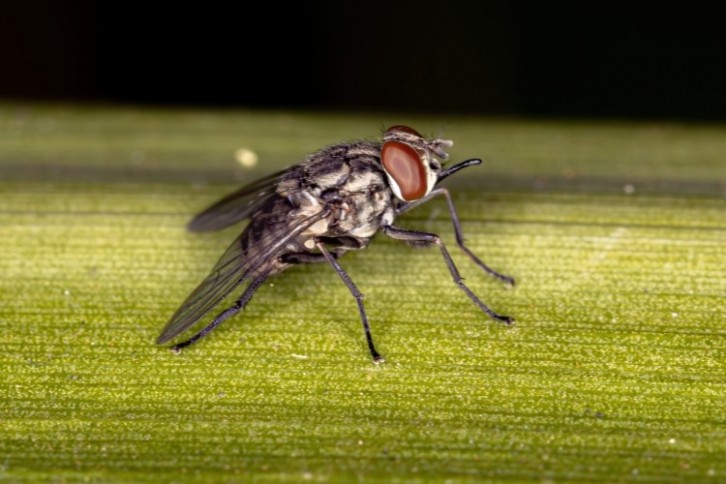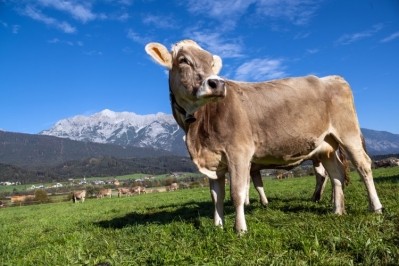Biting barn flies may be spreading mastitis-causing bacteria, study says

In a study published in the American Society for Microbiology journal mSphere, researchers from the University of Wisconsin-Madison identify stable flies – of the Stomoxys variety – as carriers of pathogens that cause bovine mastitis, a disease associated with milk production and economic losses.
The researchers say their study offers evidence that barn flies carry ‘opportunistically pathogenic bacteria’ on dairy farms and that their own microbiota is enriched by bacteria found in cow manure.
“Altogether, our results identify biting flies as underrecognized carriers of bacterial taxa associated with environmental bovine mastitis and other opportunistic infections in vertebrates and offer important insights into mechanisms of microbial acquisition by these and other medically important insects.”
The findings are important due to the lack of research into how this type of fly carries pathogens. In order to gather evidence, the team at University of Wisconsin-Madison collected flies and manure samples from two dairy farms and analyzed the amount and types of bacteria, discovering that both the manure samples and the flies shared around 20 bacterial ASVs on average, but these accounted for up to 100% of the reads in individual fly samples. In addition, a very high relative abundance of bacterial taxa was found in fly bacterial communities. To confirm that the flies were carriers of mastitis-associated bacteria, the team carried out additional tests that showed the presence of E. coli and Klebsiella spp., and Staphylococcus spp.
“Of particular significance in this study was the observation that shared ASVs contributed to a significant portion of reads in the fly microbiome but were found in relatively low abundance across manure samples, suggesting enrichment of specific manure-associated bacterial strains within the Stomoxys fly internal environment. Notably, shared ASVs enriched in fly microbial communities included multiple taxa (Staphylococcus, Pseudomonas, Enterococcus, and Enterobacterales) associated with environmental bovine mastitis,” the authors concluded.
“In the present study, concurrent farm-specific mastitis incidence records showed that Staphylococcus and Enterobacteriaceae spp. were routinely isolated from mastitic cows housed in the same facilities from which fly and manure samples were collected.
“Although our study could not address whether fly-associated strains were genetically identical to isolates from these mastitis cases, the enrichment of bacterial lineages associated with bovine mastitis in the Stomoxys microbiota strongly suggests that flies act as bona fide carriers of taxa with the potential to serve as opportunistic bovine pathogens.”
Taken together, the results indicate the potential role of barn flies as carriers of mastitis-causing bacteria, the researchers concluded. Additional research is needed to shed light on the role of biting barn flies in the transmission of pathogens.
Source:
Andrew J. Sommer, Julia E. Kettner, Kerri L. Coon. Stable flies are bona fide carriers of mastitis-associated bacteria. mSphere, 2024; DOI: 10.1128/msphere.00336-24












